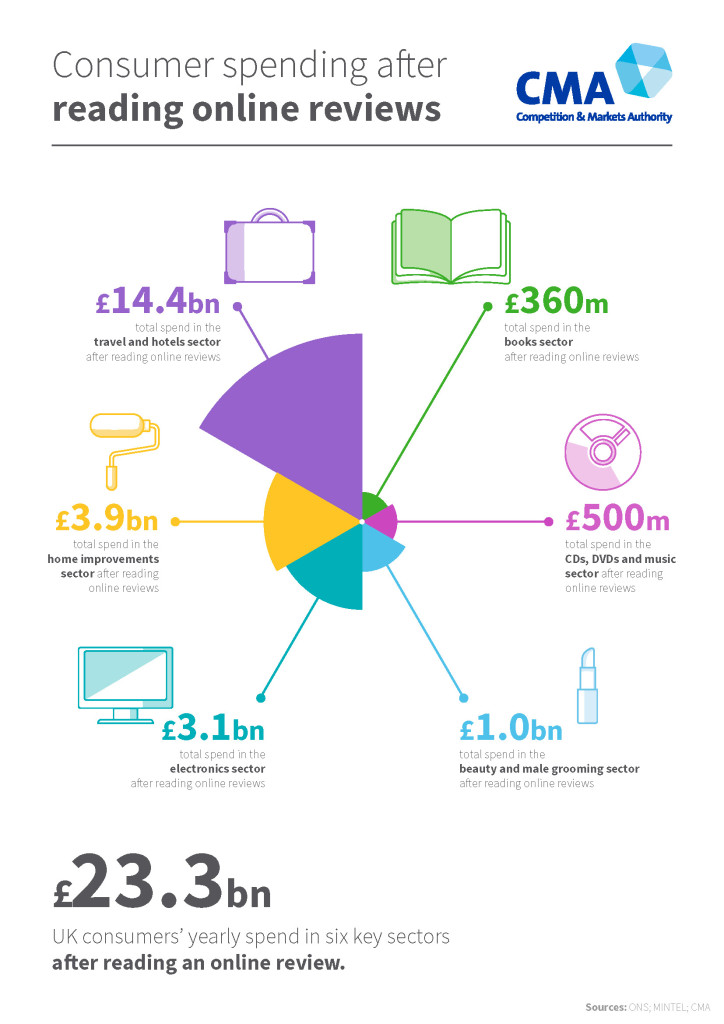Last week, the UK’s Competition and Markets Authority dropped a bomb on the world of online reviews. Though it didn’t name names of specific review sites, its report found fake online reviews happen all the time. We already knew that. We just didn’t have the studies to back it up. 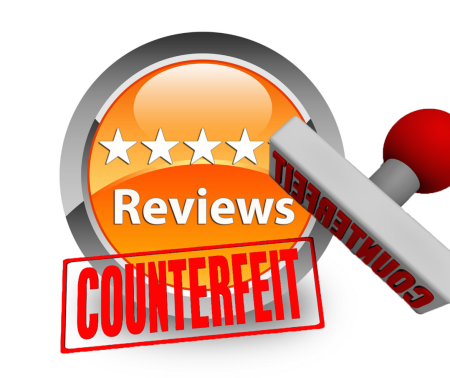
As a contractor, you’ve dealt with highly-suspect online reviews before. You might not remember working with the person who left you a scathing review, or you might have seen some shady positive online reviews for your competitors.
Homeowners trust online reviews. They’re the next best thing to word-of-mouth, but the waters are polluted. How polluted are they and what’s at stake for you and your business?
We’ll do the numbers, share the horror stories, and we’ll also supply you with some easy ways to spot fake online reviews.
Reviews Generate Big Money
In its report, the CMA estimated, 54% of UK adults use online reviews and 6% use blogs or video reviews before making a purchasing decision. They’re looking into more specific information on the numbers for US consumers– but we can assume those numbers translate over here, at least loosely. And those numbers are huge.
As you can see, online reviews generated £3.1 in the home improvement sector. That’s nearly $4.9 billion. The numbers show how much online reviews matter to homeowners. They matter almost $5bil worth.
Take a look at your reviews on Yelp, Angie’s List, or Houzz. What do they say? Are you happy with them?
The problem is, you only have two methods for controlling your own online reviews:
- Providing excellent service and treating your customers well.
- Immediately following up with negative reviews and trying to make them right.
You stand behind your work and you respect your customers. You’re actually concerned when they have a complaint and, if a homeowner goes as far as leaving a negative online review, you respond promptly.
But what else can you control with the online review process?
Not much, but a little education goes a long way.
Now the UK’s primary competition and consumer authority says you’re dealing with plenty of fake reviews, too.
Fake Online Reviews and Blackmail
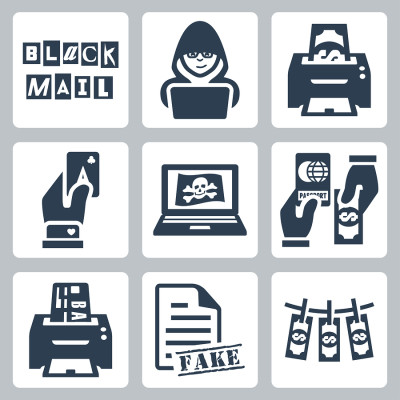
So, how many online reviews are fake? Estimates vary.
A Harvard study (also updated and revised in May, 2015) suggests 15-30% of online reviews fall into the “fake” category.
That number is likely to grow, despite valiant efforts from Yelp and Angie’s List’s constantly improving filtration algorithms.
According to John Sours, the Georgia Governor’s Office of Consumer Protection Director:
We get a lot of complaints about this sort of thing and I believe anecdotally that number is growing simply because this practice is mushrooming.
In an interview with the BBC, an anonymous investigator from the New York Attorney General’s office had some slightly different numbers:
It would seem 10-30% of online reviews are fake, based on what I’ve seen.
So, which types of fake reviews are common, according the CMA’s study?
They say, “The typical business leaving fake positive reviews – known as boosting – has either few reviews or a recent crop of negative reviews. Companies also write fake negative reviews – vandalising – attacking the competition.”
Common fake review practices:
- Contractors writing fake reviews of themselves to boost their ratings and rise above the competition.
- Contractors writing or commissioning fake negative reviews to harm their competitors, both for malicious reasons and/or to make more money themselves.
- Online review sites “cherry-picking” which reviews to show, usually favoring positive reviews.
- Certain online review sites allowing businesses to nullify negative reviews, often by paying. That means those reviews go unpublished and the consumer might not see the entire picture.
According to the BBC’s own reporting, independent businesses are more likely to post fake reviews than chains. As a contractor, your competition likely falls into the “independent business” category.
The number of reviews Yelp rejects as suspicious was reported at 16% by the BBC, and it increases yearly. Those are just the fake reviews they catch.
Some reviews are much more insidious than suspicious, though.
The BBC also reported one extremely alarming and disgusting fake review:
A BBC investigation has revealed the global market for fake review writers, and the use of stolen identities to post reviews.
Ashley Booth Griffin, from New York, supposedly posted a positive review for a loan website, but in fact she was killed in a car crash seven years ago. The photo used in the review came from her memorial website.
“I think it is despicable. They are simply attempting to dupe the public, to cheat and to lie,” said Ashley’s father, Greg Booth.
Blackmail is a real problem, too.
“Consumers may be using the threat of a poor review to “blackmail” businesses into providing some concession, such as a price discount,” the CMA report said.
Every business has its own stories to tell about negative online reviews. As a contractor, you have a few of your own. Real reviews, negative or positive, are far less frustrating than fake reviews or, heaven forbid, blackmail.
Paying for Reviews
What would cause someone other than an unsatisfied customer, a rival business, or even a greedy homeowner bent on blackmailing you to leave a fake review? It turns out that fake reviews are a booming industry. Again, this confirms what we already suspected.
From WBIR:
A brief online search turns up of hundreds of people who are willing to make money writing fake reviews. On the job website Fiverr.com people can advertise tasks they are willing to perform for $5. Hundreds of Fiverr members have postings offering to review products, services, restaurants and more for $5. I contacted a few of them to ask if they would be willing to write a review for an Atlanta restaurant. Within minutes I had two responses. One was from someone in another state and the other was from a Bangladesh resident who offered to write a fake review.
The BBC suggests that many of these fraudulent reviewers are recent computer science graduates from countries like Bangladesh, India, and the Philippines. These people and others around the globe are usually paid between $1 and $10 to write fake online reviews. 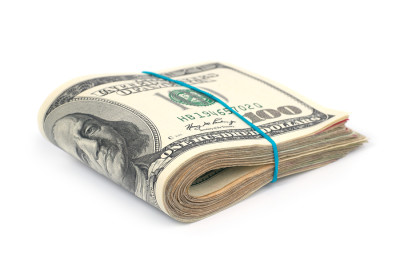
It’s not uncommon. ComputerWorld tells the story of a Fiverr user who offered to promote various smartphone apps on 25 forums for the low cost of $10.
Simply put, it’s cheap for businesses and the labor is readily available. It’s just highly unethical.
The CMA is on the case, though. From their report:
We have opened an investigation into businesses that may be paying for endorsements in blogs and other online articles where the payment may not have been made clear to readers.
Yelp conducts some of its own investigations, as well.
WBIR tells the story of a storage space manager who tried to buy favorable reviews from a Yelp member. The manager was caught red-handed by Yelp when a member flagged the request.
“What we did was not a good decision and I regret it. We are a small business and probably haven’t done enough to educate ourselves about how online reviews work,” said the storage company manager.
What Yelp Gets Away With
Yelp is obviously concerned about catching fake online reviews but, according to many businesses, they still get away with murder.
From Naked Security:
Although Yelp has received numerous complaints about review-gaming – charges it’s steadfastly denied – US courts have found that Yelp has the right to arrange its reviews as it sees fit and also has the right to engage in what it called “hard bargaining” by tweaking review placement on the site.
As well, the US Federal Trade Commission (FTC) has pulled the plug on two inquiries into how Yelp manages consumer reviews, deciding both times not to take any action against the company.
As its investigation deepens, the CMA might have something to say about these business practices. As their work expands to the US, hopefully we’ll see some progress, too. 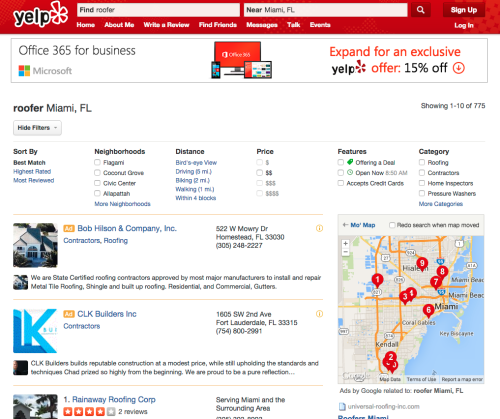
Yelp does the aforementioned “tweaked review placement” by their own rules. Some people believe buying Yelp advertisements bolsters the placement of positive reviews. Some people think the whole thing is a conspiracy.
Regardless, the way Yelp weighs the reviews on the Yelp page for your business is another element that is largely out of your control as a contractor. They control what the homeowner sees– you don’t. If it was just a matter of seeing every review, it would fall back upon your customer service, but it doesn’t.
In this week’s Contractor Marketing 2-Minute Tuesday, I discussed why I’m not a fan of Yelp for contractors. I did, however, mention a few things you can do to make Yelp work for you— without paying for prefered placement.
How to Spot Fake Reviews
So, how do you spot these fake reviews and report them to sites like Yelp, Angie’s List and Houzz? I’ve compiled a list of fake review warning signs. Even though I can’t guarantee any online review site will take action, it is in their best interest to investigate fake reviews.
Fake Review Signs:
- The reviewer covers several products or services from the same company.
- Multiple reviews share identical timestamps.
- Fake reviewers often mention employee names repeatedly instead of discussing products or services.
- Fake reviews are shorter and contain more extreme language.
- Fake reviews often feature a site’s lowest or highest ranking– nothing in between.
- Fake reviewers use less punctuation than real review writers who are invested in their craft.
- Fake reviews use more verbs than real reviews.
- A single reviewer’s opinion is vastly different than the majority of reviews.
Yelp and other top online review companies can also spot fake reviews when many come from the same IP address, so if you contact them, ask them to check for that information.
As more articles and blog posts, like this one, are created and begin to circulate the internet, the more the average consumer and business owner will become aware of fake reviews. They’ll also learn how to fight against them.
A majority of homeowners consult online reviews before purchasing your services. As a contractor, you know online reviews don’t carry the same weight as word-of-mouth reviews, but they still account for a huge amount of money spent in your industry, every year.
Keep providing great services, keep satisfying your customers, and keep responding to negative reviews in a proactive way. Those are all elements of the online review process you can control.
Also, keep your eye out for fake online reviews, and do what you can to educate others about them.
Good education and constant discussion are the only things that can stop the fakers.
To your inbound marketing success!

